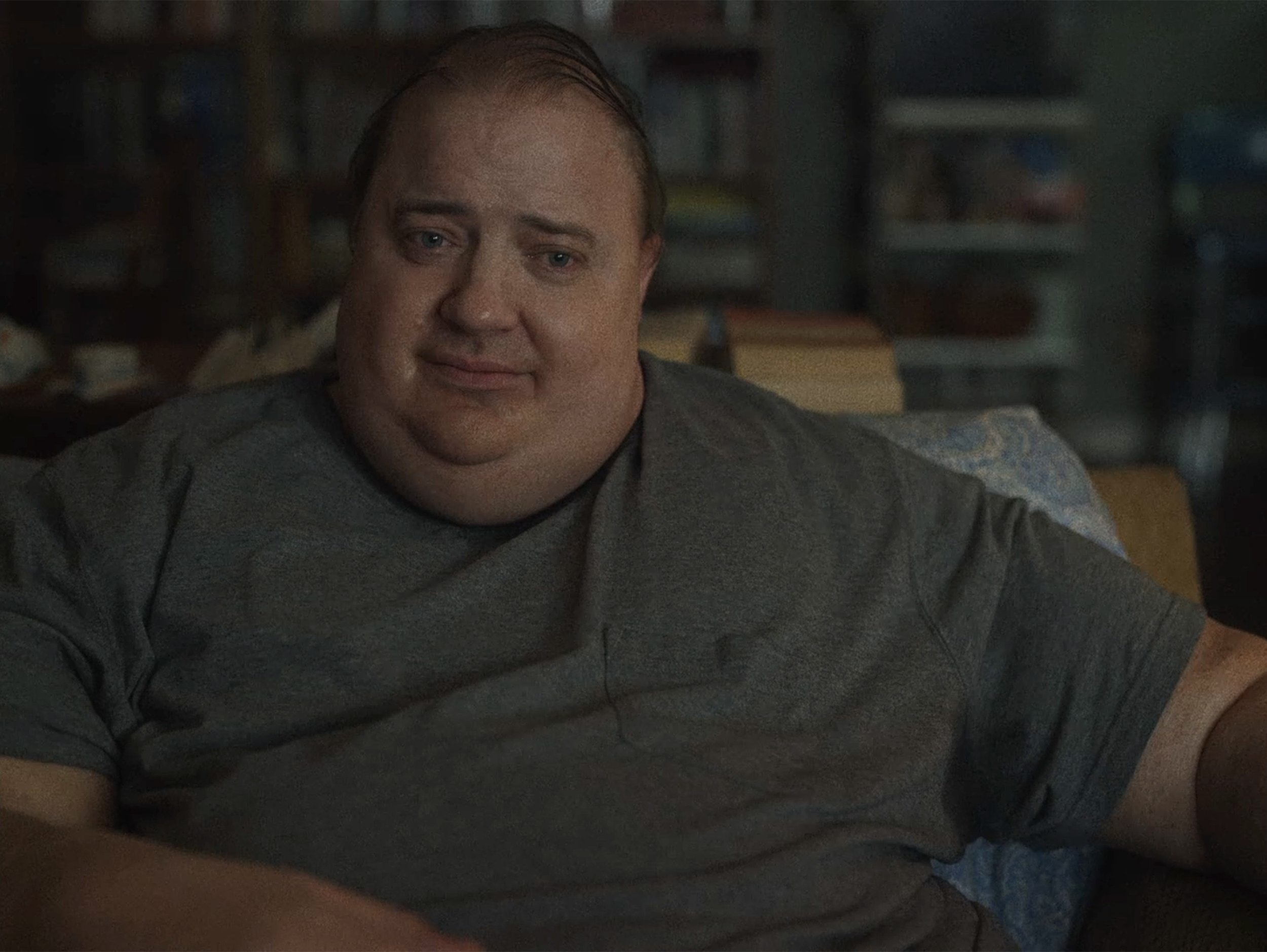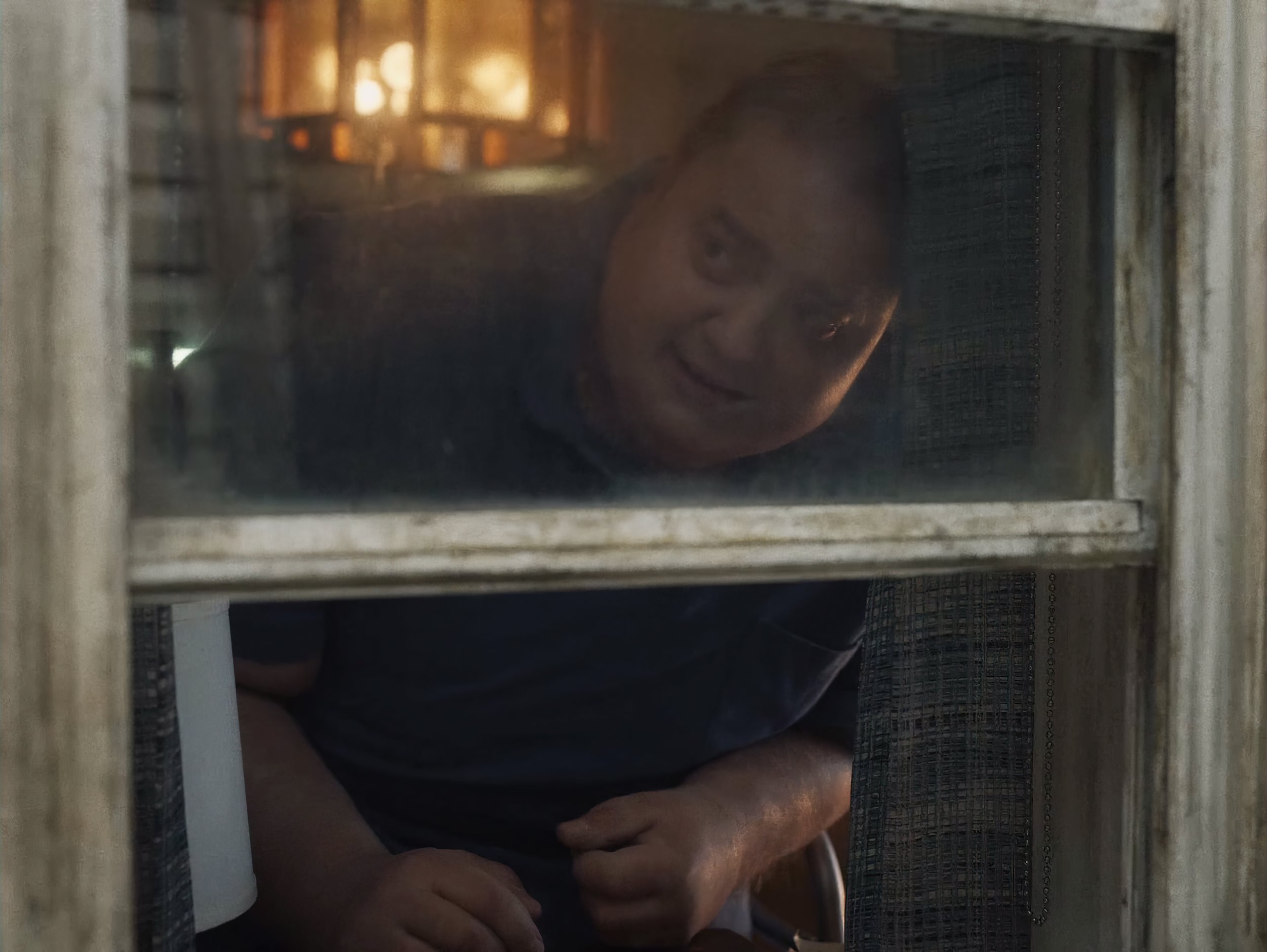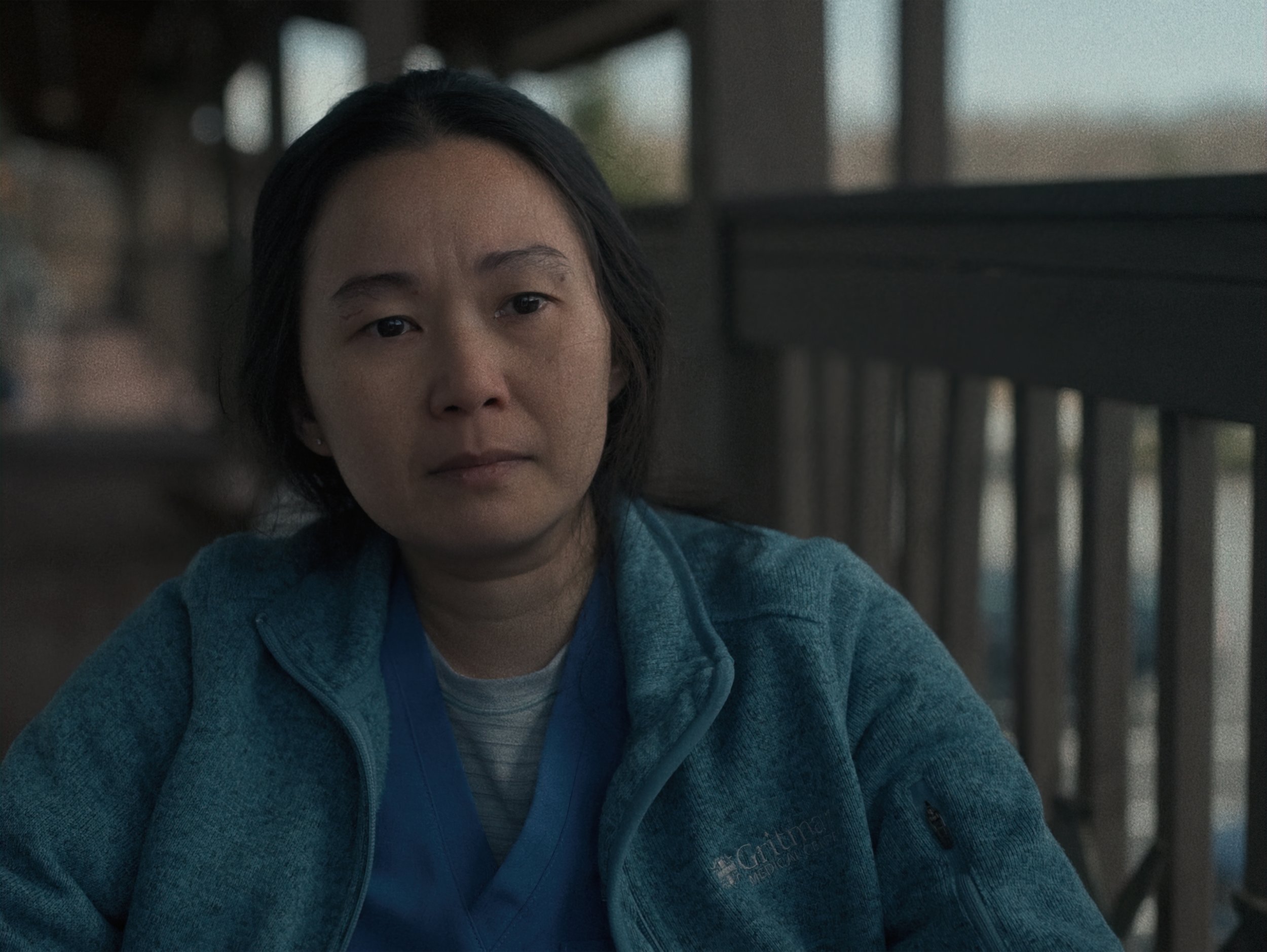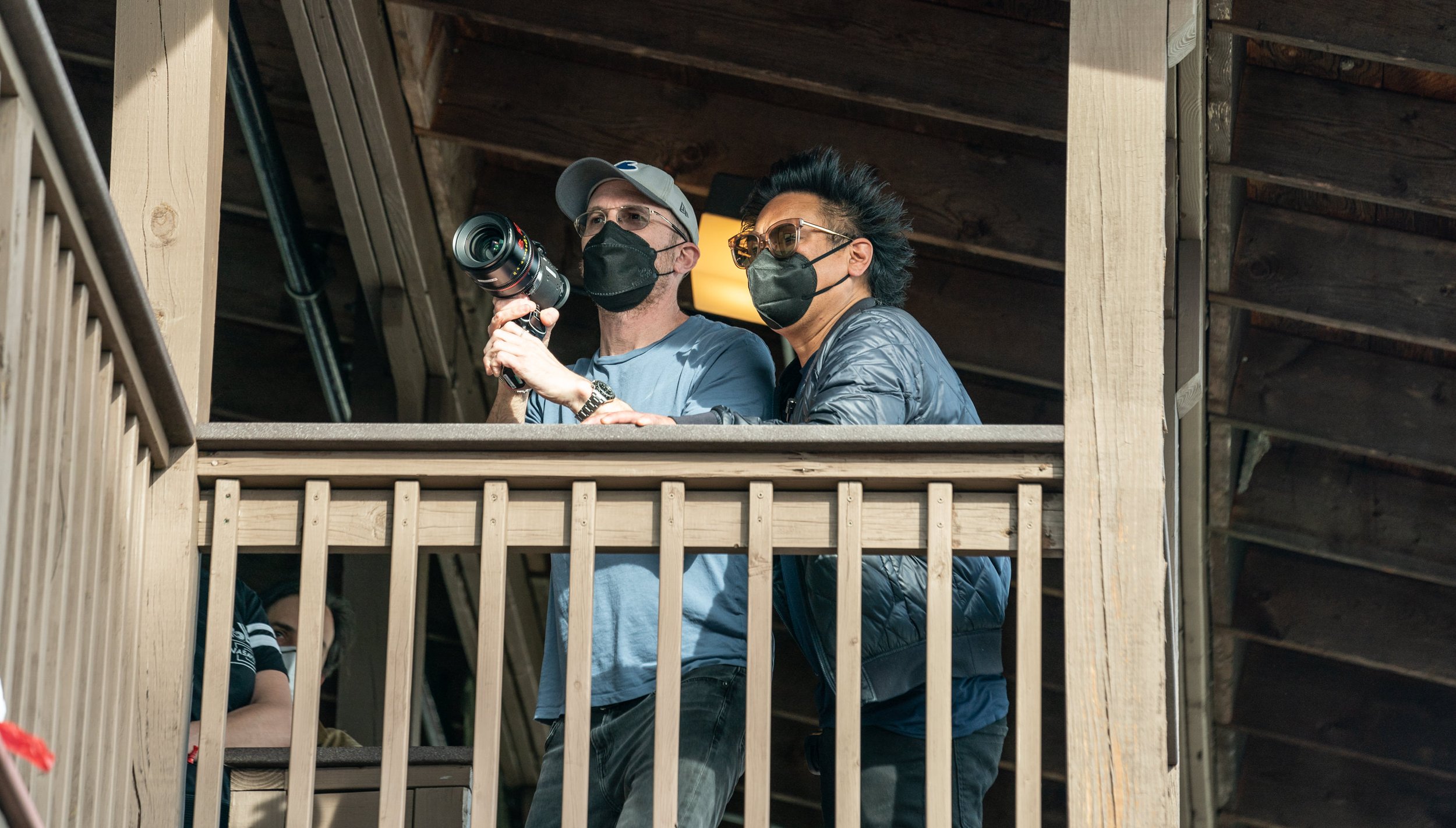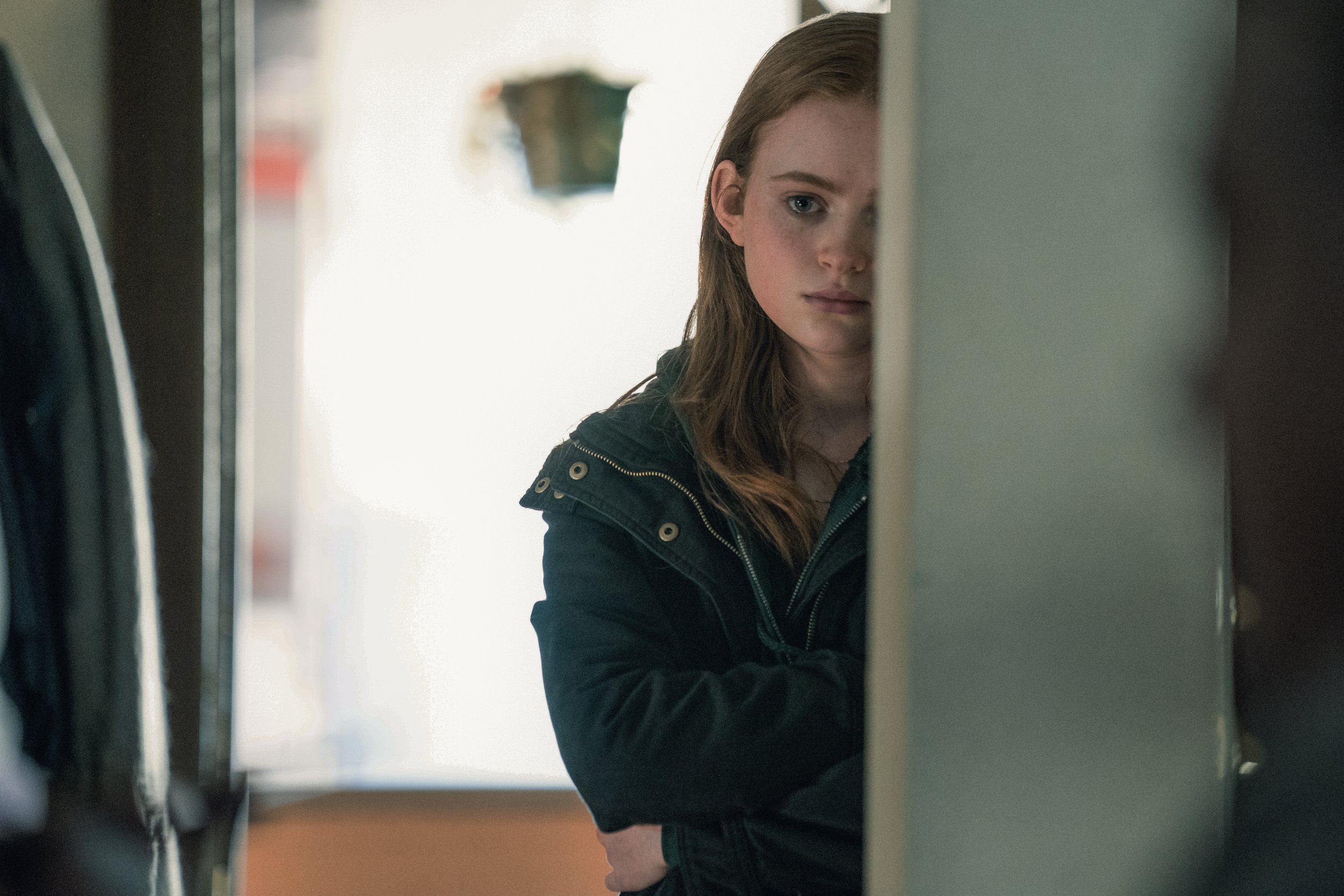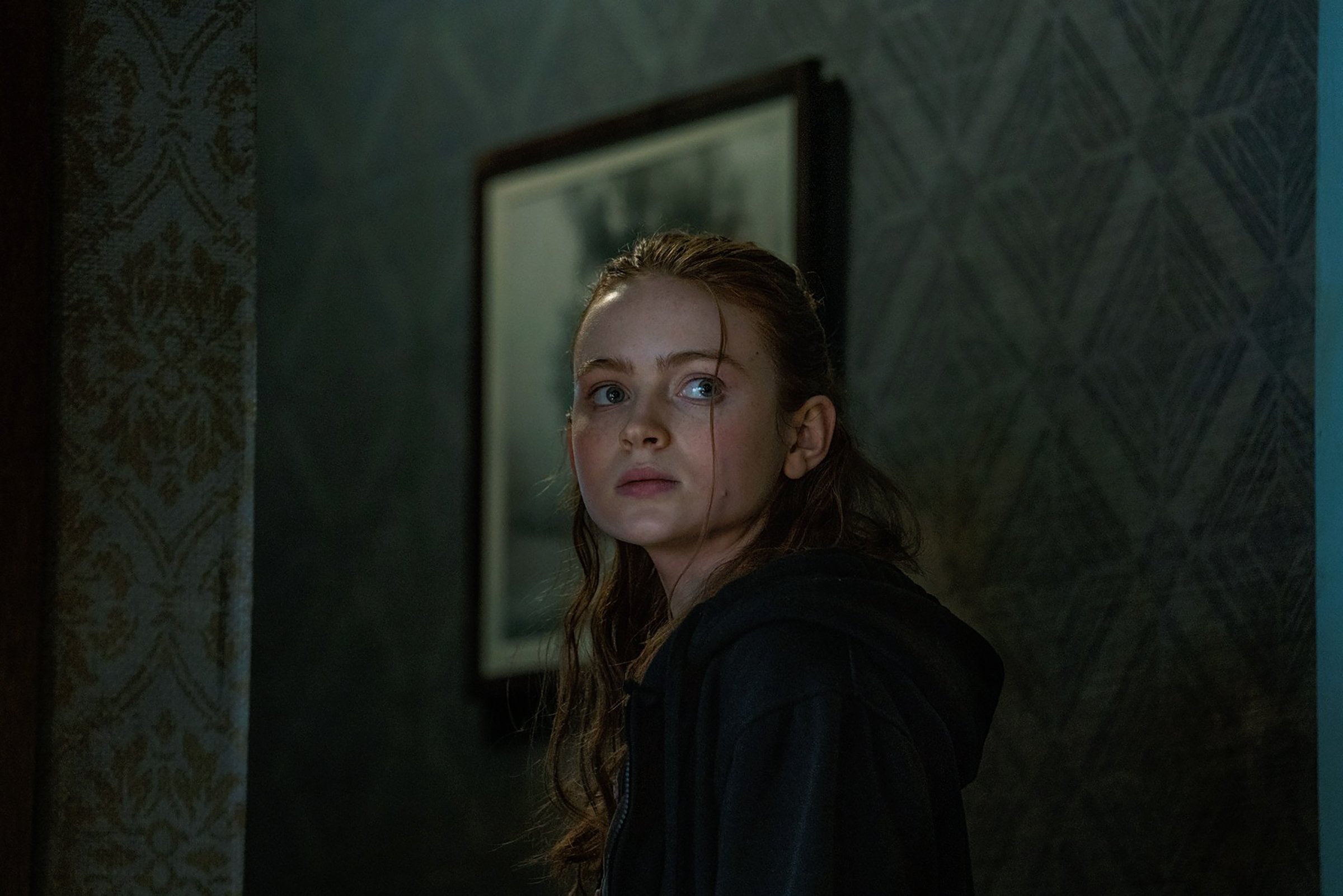MOVIE REVIEW: The Whale
THE WHALE– 3 STARS
Emanating from Stephen D. Hunter’s screenplay adapted from his own award-winning stage production, Brendan Fraser’s obese main character in The Whale continually peppers his conversations with “I’m sorry.” Pay attention to when it’s said and how it’s said. Notice if anyone else in the film has the honor to say those words and mean them.
LESSON #1: MEANINGFUL CONTRITION– The more A24’s The Whale marches towards its conclusions, the thicker the “I’m sorry” moments become. They begin as tacked-on pretend cordiality– a nervous tick, if you will– that are called out and admonished at times for their weak follow-through and low integrity. When matters get worse, the man’s honesty grows within those self-admissions. The number of mistakes and remorses, both old and new, calling for contrition grows. And there, under a shell of adipose tissue, there is a man that keeps saying “I’m sorry.”
We first meet Brendan Fraser’s Charlie by voice alone. He is an online college writing professor hiding with the video sharing function off during his conference call lectures, claiming to have a broken camera with one of those repetitive “I’m sorry” drops. When the camera pulls out from the computer screen to see the true setting, we see a man tipping the scales beyond 500 pounds. We ascertain that the solitary Charlie never leaves his second floor apartment anymore and relies on delivered food and groceries.
Charlie’s only regular visitor is Liz, played by Downsizing’s Hong Chau. She is a working nurse who, at first, seems to play the roles of both caretaker and enabler until you learn their linked history. Liz’s brother Alan was Charlie’s lover until his abrupt suicide a decade ago. Ostracized by mutual grief and sharing unhealed regret ever since, the two see each other through their broken lives, tough love and all.
When Charlie survives a heart episode that spikes his blood pressure to a whopping 238/134, Liz relays an internet-confirmed diagnosis of congestive heart failure. Without intervention that Liz pleads for, Charlie is a ticking time bomb with likely a week to live. With no desire to explore health insurance or rack up medical bills, Charlie claims he doesn’t want or need saving.
Those perceived wants and needs for Charlie are tested by two new injections into his life beyond Liz. A bothersome door-to-door missionary named Thomas (Ty Simpkins of Iron Man 3) encountered Charlie during his heart attack before Liz arrived and keeps coming back to try and nudge Charlie closer to faith and personal improvement. In a bolder measure, Charlie has secretly reconnected with his estranged teenage daughter Ellie (Stranger Things star Sadie Sink). She is a petulant teen menace for her exasperated mother Mary (two-time Oscar nominee Samanta Morton) willing to use her father for money.
LESSON #2: RECONCILING GUILT– At a low point, Charlies says, “Who would want me to be a part of their life?” The question reveals Charlie’s lingering wishes, especially up against any “it’s never too late” adages about healing, love, or other emotional anchors before his heart explodes. With what his ex-wife labels “annoying positivity,” Charlie, through his physical limitations, means to make amends where he can. By staying entirely in this apartment, The Whale invests in this dramatic length.
Director Darren Aronofsky and Hunter’s script gifted Brendan Fraser nothing less than the performance of his career. Folks would be wrong to say his performance is primarily driven by the prosthetic makeup designs of Adrien Morot (The Glorias) and masking VFX. Fraser’s dulcet low voice and bright blue eyes under furrowing eyebrows shine powerfully through his every exaggerated wince, wheeze, and bead of sweat. No rubber mask blocks ever tear. The actor conveys his character’s pent-up issues in extremely compelling ways.
LESSON #3: BATTLING THE RESIGNATION OF LIFE– The film’s and Fraser’s best scenes are opposite Hong Chau. Whenever the narrative slumps into wallowing or anger, Liz’s fighting spirit and poignant honesty create riveting exchanges. The bond is truly special. Her Liz may have watched Charlie reach this point, but she doesn’t want to see the last of his glimmering hope die within his terminal body.
Thanks to Chau’s protective involvement, there’s a rock-solid, heart-crushing version of The Whale that would be just these two and no one else. They have enough painful and resurfaced history for two movies. Instead, outside factors in Hunter’s screenplay and tonal choices from Aronofsky sully the potential of those good graces becoming their own simpler, standalone core.
Hunter’s two new interpersonal involvements of Ellie and Thomas are disinteresting and, in the daughter’s case, downright repulsive. Simpkins’ non-committal character is meant to be a foil of morality, touting Romans 8:13, but it falls flat too easily. Sink’s case is the opposite. All the stereotype traits of today’s spiteful teens imbued into her– right on down to the hateful poetry– are overplayed and dialed to 12 in her performance. Neither character is worth Charlie’s time or heart.
The tonal misgivings belong to Darren Aronofsky. He seemingly always twists the moods of his films to a degree of creepiness through his use and choices of score, editing, and camerawork. Cinematographer Matthew Libatique sneaks his camera around all the girth and into the faces of emotion, but he’ll also lurk in odd angles. Composer Rob Simonsen’s score feels lifted from another movie. For better or worse, the Black Swan and Requiem for a Dream auteur cannot help himself with his edgy preferences. A humane story like The Whale, even with its own grimness, doesn’t need Aronofsky’s heavy darkness to be effective.
LOGO DESIGNED BY MEENTS ILLUSTRATED (#1085)


